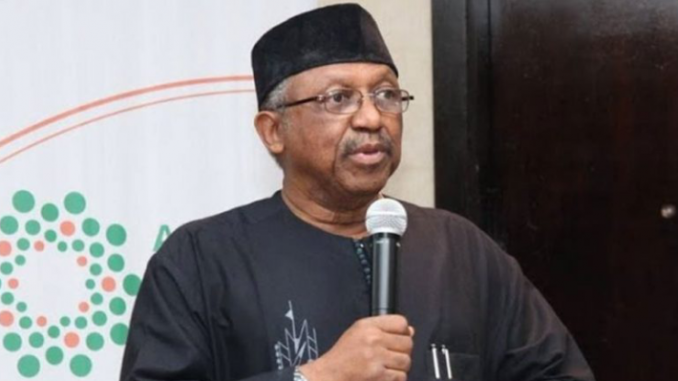
The Minister of Health, Osagie Ehanire, has expressed reservation about the University Teaching Hospitals (UTHs) Amendment bill aimed at restructuring the composition of the governing board of the institutions.
At the public hearing of a bill for the amendment of the UTHs act by the House Committee on Health Institutions in Abuja on Wednesday, Mr Ehanire said the passage of the bill into law would lead to a huge disruption in the health sector.
He added that it would worsen the brain drain syndrome being experienced in the country and lower the standard of healthcare services in Nigeria.
“Rather than this bill, expertise should be placed on addressing the brain drain and improving hospital infrastructure,” Mr Ehanire said.
The minister, represented by Adebimpe Adebiyi, the director of hospital services, said the UTH was a well-organised system under the Ministry of Health with a mandate on manpower training.
He said the UTHs were designed primarily to train medical students, adding that the hospital’s chief medical director was not only an administrator because he had the responsibility to ensure that standards were maintained.
Meanwhile, Uche Ojinmah, the president of the Nigerian Medical Association (NMA), said the association rejected the bill entirely.
Mr Ojinmah said the bill sought to defeat the purpose of enacting the principal act that was seeking to amend.
“It is important for us to know that unlike other government hospitals, UTHs, starting with UCH, Ibadan was established primarily for the purpose of training the medical students.
“Prior to the enactment of the principal act, UCHs were run by directors of administration.
“This caused a lot of crisis as the directors of administrations were more focused on the financial bottom line to the detriment of training and research,” Mr Ojinmah said.
He said that the principal act made the chief medical director a full-time position to be occupied by a person with professional qualifications.
Speaking earlier, the speaker of the House of Representatives, Femi Gbajabiamila, said stakeholders’ views either for or against the subject would be addressed.
He said that it would add to the quality of legislations of the ninth assembly, which it would bequeath to the citizenry at the end of its tenure.
(NAN)
Leave a Reply